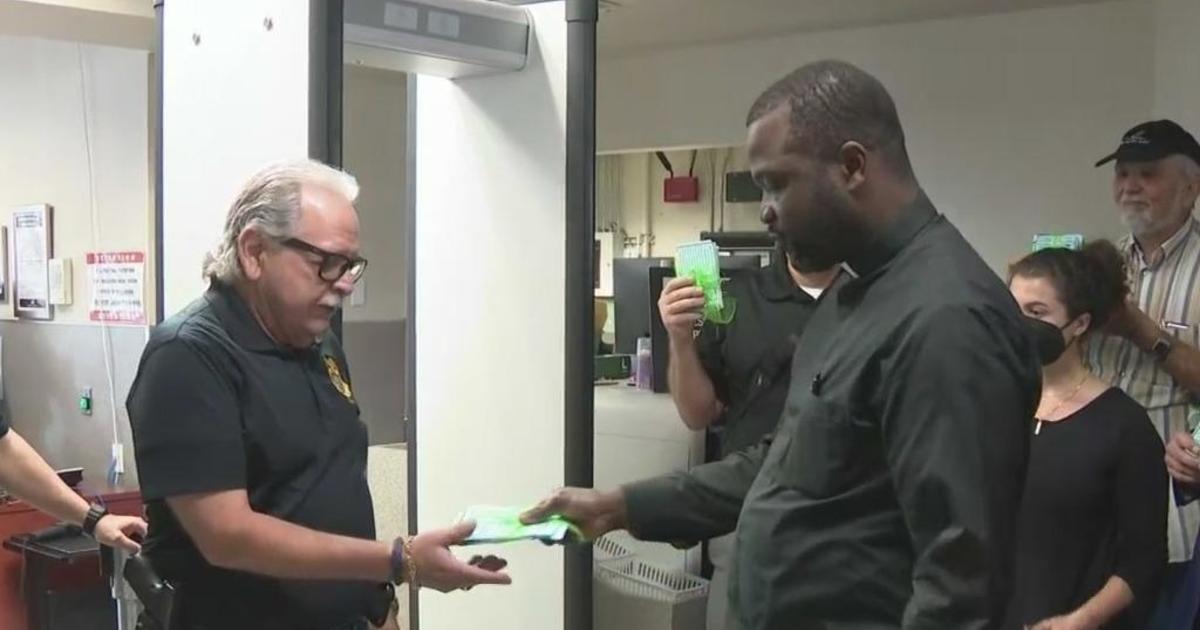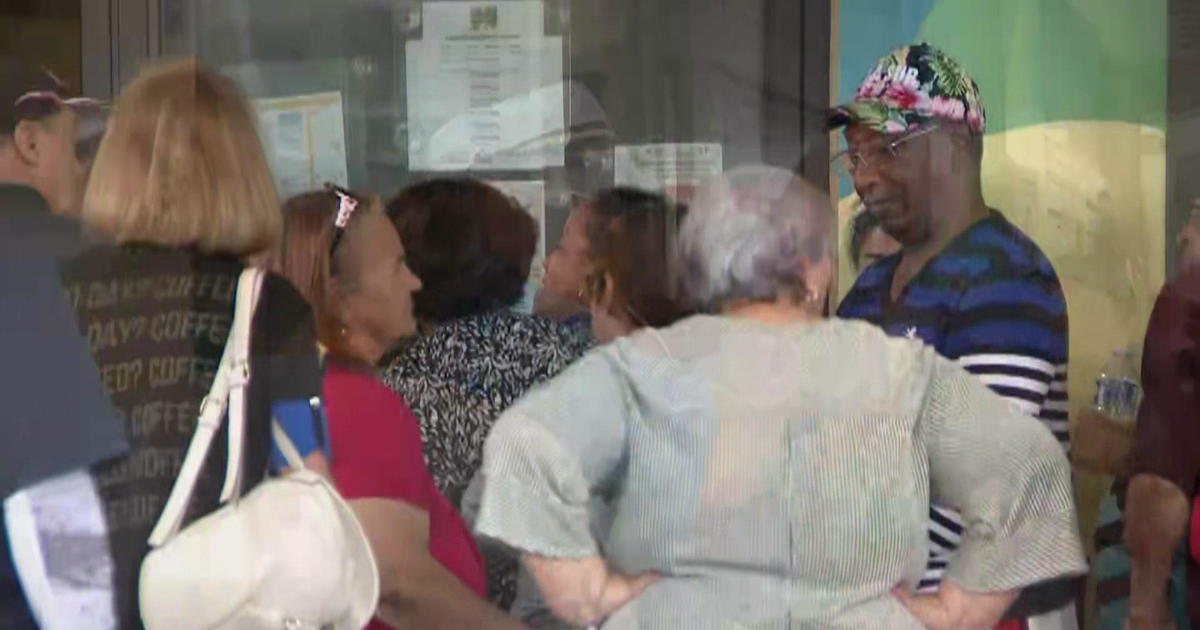Bill Would Shield University Search Information
Follow CBSMIAMI.COM: Facebook | Twitter
TALLAHASSEE (CBSMiami/NSF) – A bill approved Monday by a House subcommittee would keep secret information about applicants vying to become presidents, provosts or deans at Florida universities or state colleges.
The legislation (HB 351), sponsored by Rep. Bob Rommel, R-Naples, would only require the disclosure of candidates who made "finalist" lists, with the lists disclosed at least 10 days before decisions are made on the hiring.
Rommel said creating more "privacy" in the search process would help the state recruit top-quality candidates for higher-education jobs, protecting candidates who could face repercussions at their current schools.
"By exempting preliminary discussion prior to the finalists being announced, it will free our colleges and universities to pursue and hire the best and brightest without fear of reprisal from those current employers," Rommel told the House Post-Secondary Education Subcommittee.
Rommel said he supported "public scrutiny" of the selection process, but said if a school picked five finalists out of a group of 200 applicants, "there is no reason to expose the other 195 candidates to the scrutiny they would get from their employer."
Rommel acknowledged the bill does not specify how big the group of finalists should be, while saying he was open to defining it as a group of three to five candidates.
When questioned about the 10-day disclosure period, Rommel said search committees could broaden that period, saying the 10-day disclosure was the minimum requirement.
Opponents questioned the need for the bill, noting that the state's top two universities, Florida State University and the University of Florida, successfully conducted presidential searches in the open and attracted large groups of highly qualified candidates. Florida Gulf Coast University and the University of West Florida have also conducted recent searches, and the University of North Florida is preparing to begin the process of replacing President John Delaney, who will step down next year.
"Secrecy is not in the best interest of our universities and colleges, especially when it comes to choosing leadership," said Jennifer Proffitt, an FSU professor and head of the United Faculty of Florida union.
Proffitt said some have argued for imposing more secrecy after Florida Gulf Coast University's problems with settling on a finalist list for its presidency.
The Fort Myers school had to essentially restart its search process when the initial search only produced one viable candidate in November. After a new search, Florida Gulf Coast last month selected Michael Martin, a former chancellor of the Colorado State University system, to take over the school in July.
Proffitt said the problem wasn't with the openness of the search process. But rather, she said candidates were reluctant to leave jobs with guaranteed contracts to move to the Florida Gulf Coast post, which does not have a guaranteed contract.
"I think the answer is quite clear," Proffitt said.
Matthew Holliday, representing Florida SouthWestern State College, said his school supported the legislation.
"This is an issue of privacy," Holliday said, arguing that if there is a pool of 100 applicants "the vast majority will never make it past those initial screenings."
Holliday said the current process also causes "a rush" of late applicants who want to apply for jobs but do not want to have their applications pending for a long time.
The House Post-Secondary Education Subcommittee voted 11-3 in favor of the bill, which next heads to the Oversight, Transparency and Administration Subcommittee.
A similar bill (SB 478), sponsored by Sen. Kathleen Passidomo, R-Naples, is pending in the Senate, where it has yet to have a committee hearing.
The News Service of Florida's Lloyd Dunkelberger contributed to this report.



